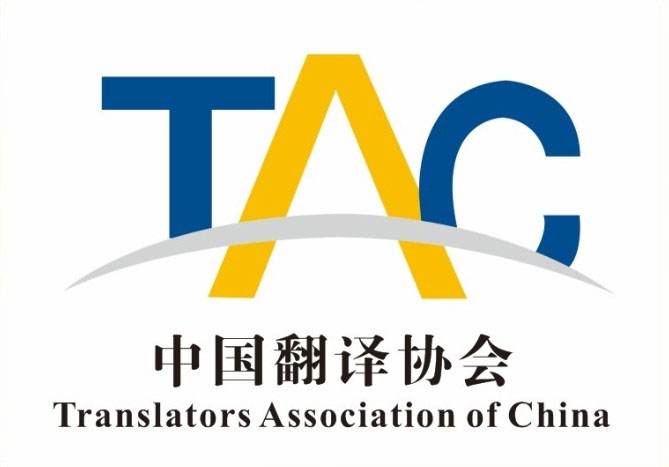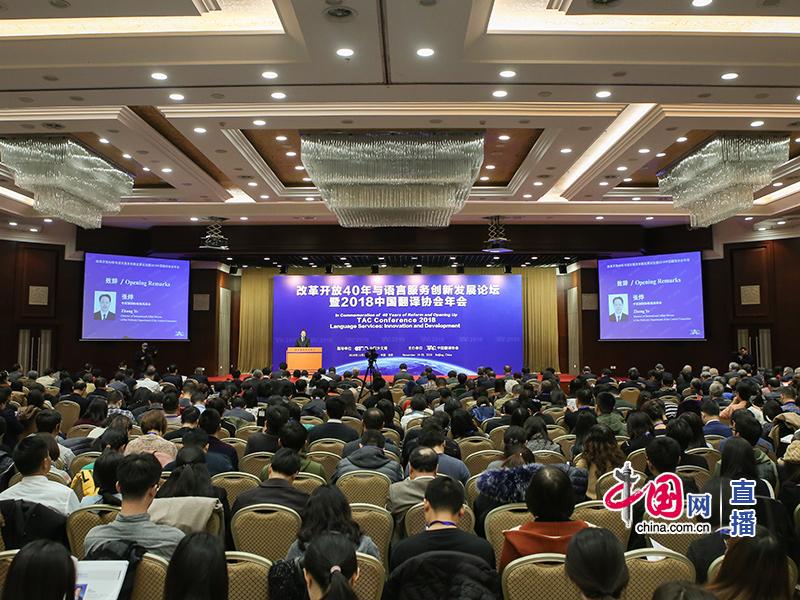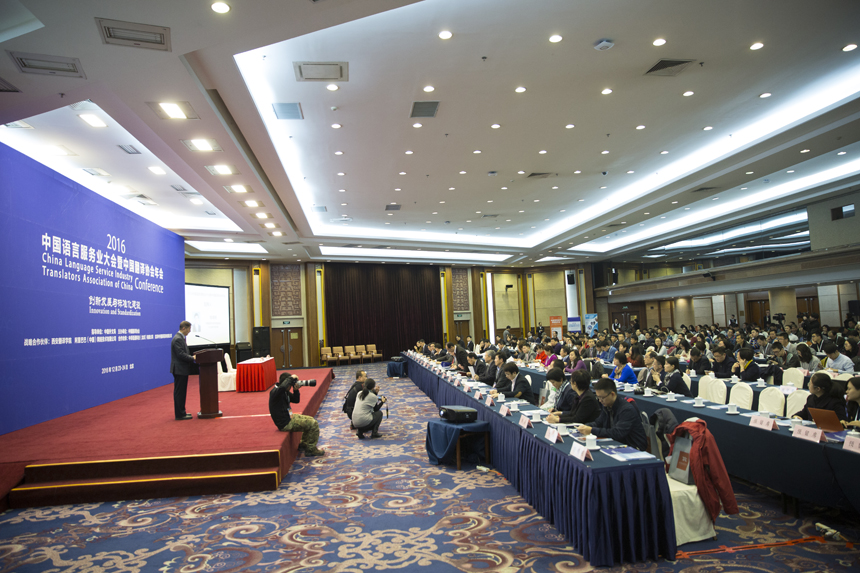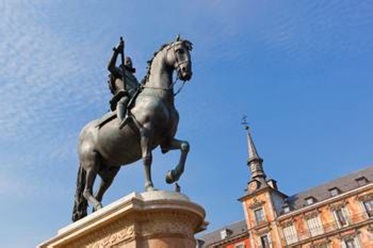中国译协《中国翻译》编辑部暨澳门理工学院将联合举办第十九届“韩素音青年翻译奖”竞赛
随着全球化进程的加速,中外交流日趋频繁。翻译,作为沟通中外交流的桥梁,正在我国社会生活的各领域发挥越来越重要的作用。值此之际,中国译协《中国翻译》编辑部将首次与澳门特别行政区署院校――澳门理工学院联合举办第十九届“韩素音青年翻译奖”竞赛。参赛原文见本期,具体参赛规则如下:
一、本届竞赛分别设立英译汉和汉译英两个奖项,参赛者可任选一项或同时参加两项竞赛。
二、《中国翻译》2007年第1期刊登参赛规则、参赛原文和参赛券(复印件有效)。
三、参赛者年龄:44岁以下(1963年7月1日以后出生)。
四、参赛译文须独立完成,杜绝抄袭现象,一经发现,将取消参赛资格。
五、参赛译文请用A4纸打印或用稿纸(有单位名称抬头的译文稿纸无效)誊写清楚。译文前另附页,将填好的参赛券剪贴在此页上(请勿贴在信封上)。参加两项竞赛者,须附两张参赛券。译文正文内请勿书写译者姓名、地址等个人信息,参赛译文内如涉及任何参赛者个人信息,将被视为无效译文。
六、参赛截止日期:请参赛者于2007年5月30日以前(以寄出日邮戳为准)将参赛译文挂号寄至:北京市阜外百万庄大街24号《中国翻译》编辑部,邮编:100037,请在信封上注明:“参赛译文”字样。澳门理工学院不接收参赛译文。参赛译文以第一稿为准,恕不接收修改稿。
七、参赛者在交寄参赛译文的同时,交寄报名费40元,如同时参加两项竞赛,请交报名费 80元。汇款地址:北京市阜外百万庄大街24号《中国翻译》编辑部,邮编:100037。请在汇款单附言上注明“参赛报名费”字样。未交报名费的参赛译文无效。
八、本届竞赛设一、二、三等奖和优秀奖若干名,授予一、二、三等奖获得者奖金、证书和纪念品,授予优秀奖获得者证书和纪念品。2007年第6期《中国翻译》杂志将公布竞赛结果。
九、将于2007年秋天在澳门理工学院隆重举行本届竞赛颁奖典礼,竞赛获奖者将被邀请赴澳门参加颁奖典礼。
十、竞赛联系地址:北京市阜外百万庄大街24号《中国翻译》编辑部
邮编:100037 电话:(010)68327209 68995956 传真:(010)68995951
电子信箱:ctjtac@gmail.com
第十九届“韩素音青年翻译奖”评审委员会
二○○七年一月
第十九届“韩素音青年翻译奖”参赛原文
英译汉部分:
The Making of Ashenden (Excerption)
I’ve been spared a lot, one of the blessed of the earth, at least one of its lucky, that privileged handful of the dramatically prospering, the sort whose secrets are asked, like the hundred-year-old man. There is no secret, of course; most of what happens to us is simple accident. Highish birth and a smooth network of appropriate connection like a tea service written into the will. But surely something in the blood too, locked into good fortune’s dominant genes like a blast ripening in a time bomb. Set to go off, my good looks and intelligence, yet exceptional still, take away my mouthful of silver spoon and lapful of luxury. Something my own, not passed on or handed down, something seized, wrested―my good character, hopefully, my taste perhaps. What’s mine, what’s mine? Say taste―the soul’s harmless appetite.
I’ve money, I’m rich. The heir to four fortunes. Grandfather on Mother’s side was a Newpert. The family held some good real estate in Rhode Island until they sold it for many times what they gave for it. Grandmother on Father’s side was a Salts, whose bottled mineral water, once available only through prescription and believed indispensable in the cure of all fevers, was the first product ever to be reviewed by the Food and Drug Administration, a famous and controversial case. The government found it to contain nothing that was actually detrimental to human beings, and it went public, so to speak. Available now over the counter, the Salts made more money from it than ever.
Mother was an Oh. Her mother was the chemical engineer who first discovered a feasible way to store oxygen in tanks. And Father was Noel Ashenden, who though he did not actually invent the match-book, went into the field when it was still a not very flourishing novelty, and whose slogan, almost a poem,’Close Cover Before Striking'(a simple stroke, as Father liked to say), obvious only after someone else has already thought of it (the Patent Office refused to issue a patent on what it claimed was merely an instruction, but Father’s company had the message on its matchbooks before his competitors even knew what was happening), removed the hazard from book matches and turned the industry and Father’s firm particularly into a flaming success overnight―Father’s joke, not mine. Later, when the inroads of Ronson and Zippo threatened the business, Father went into seclusion for six months and when he returned to us he had produced another slogan:’For Our Matchless Friends.’It saved the industry a second time and was the second and last piece of work in Father’s life.
There are people who gather in the spas and watering places of this world who pooh-pooh our fortune. Après ski, cozy in their wools, handsome before their open hearths, they scandalize amongst themselves in whispers.’Imagine’, they say,’saved from ruin because of some cornball sentiment available in every bar and grill and truck stop in the country. It’s not, not…’
Not what? Snobs! Phooey on the First Families. On railroad, steel mill, automotive, public utility, banking and shipping fortunes, on all hermetic legacy, morganatic and blockbuster blood-lines that change the maps and landscapes and alter the mobility patterns, your jungle wheeling and downtown dealing a stone’s throw from warfare. I come of good stock―real estate, mineral water, oxygen, matchbooks: earth, water, air and fire, the old elementals of the material universe, a bellybutton economics, a linchpin one.
It is as I see it a perfect genealogy, and if I can be bought and sold a hundred times over by a thousand men in this country―people in your own town could do it, providents and trailers of hunch, I bless them, who got into this or went into that when it was eight cents a share―I am satisfied with my thirteen or fourteen million. Wealth is not after all the point. The genealogy is. That bridge-trick nexus that brought Newpert to Oh, Salts to Ashenden and Ashenden to Oh, love’s lucky longshots which, paying off, permitted me as they permit every human life! (I have this simple, harmless paranoia of the good-natured man, this cheerful awe.) Forgive my enthusiasm, that I go on like some secular patriot wrapped in the simple flag of self, a professional descendant, every day the closed-for-the-holiday banks and post offices of the heart. And why not? Aren’t my circumstances superb? Whose are better? No boast, no boast. I’ve had it easy, served up on all life’s silver platters like a satrap. And if my money is managed for me and I do no work―less work even than Father, who at least came up with those two slogans, the latter in a six-month solitude that must have been hell for that gregarious man (‘For Our Matchless Friends’: no slogan finally but a broken code, an extension of his own hospitable being, simply the Promethean gift of fire to a guest)―at least I am not’spoiled’and have in me still alive the nerve endings of gratitude. If it’s miserly to count one’s blessings, Brewster Ashenden’s a miser.
This will give you some idea of what I’m like:
On Having an Account in a Swiss Bank: I never had one, and suggest you stay away from them too. Oh, the mystery and romance is all very well, but never forget that your Swiss bank offers no premiums, whereas for opening a savings account for 5,000 or more at First National City Bank of New York or other fine institutions you get wonderful premiums―picnic hampers, Scotch coolers, Polaroid cameras, Hudson’s Bay blankets from L. L. Bean, electric shavers, even lawn furniture. My managers always leave me a million or so to play with, and this is how I do it. I suppose I’ve received hundreds of such bonuses. Usually I give them to friends or as gifts at Christmas to doormen and other loosely connected personnel of the household, but often I keep them and use them myself. I’m not stingy. Of course I can afford to buy any of these things―and I do, I enjoy making purchases―but somehow nothing brings the joy of existence home to me more than these premiums. Something from nothing―the two-suiter from Chase Manhattan and my own existence, luggage a bonus and life a bonus too. Like having a film star next to you on your flight from the Coast. There are treats of high order, adventure like cash in the street.
Let’s enjoy ourselves, I say; let’s have fun. Lord, let us live in the sand by the surf of the sea and play till cows come home. We’ll have a house on the Vineyard and a brownstone in the Seventies and a pied-à-terre in a world capital when something big is about to break. (Put the Cardinal in the back bedroom where the sun gilds the bay at afternoon tea and give us the courage to stand up to secret police at the door, to top all threats with threats of our own, the nicknames of mayors and ministers, the fast comeback at the front stairs, authority on us like the funny squiggle the counterfeiters miss.) Re-Columbus us. Engage us with the overlooked, a knowledge of optics, say, or a gift for the tides. (My pal, the heir to most of the vegetables in inland Nebraska, has become a superb amateur oceanographer. The marine studies people invite him to Wood’s Hole each year. He has a wave named for him.) Make us good at things, the countertenor and the German language, and teach us to be as easy in our amateur standing as the best man at a roommate’s wedding. Give us hard tummies behind the cummerbund and long swimmer’s muscles under the hound’s tooth so that we may enjoy our long life. And may all our stocks rise to the occasion of our best possibilities, and our humanness be bullish too.
Speaking personally I am glad to be a heroic man.
I am pleased that I am attractive to women but grateful I’m no bounder. Though I’m touched when married women fall in love with me, as frequently they do, I am rarely to blame. I never encourage these fits and do my best to get them over their derangements so as not to lose the friendships of their husbands when they are known to me, or the neutral friendship of the ladies themselves. This happens less than you might think, however, for whenever I am a houseguest of a married friend I usually make it a point to bring along a girl. These girls are from all walks of life―models, show girls, starlets, actresses, tennis professionals, singers, heiresses and the daughters of the diplomats of most of the nations of the free world. All walks. They tend, however, to conform to a single physical type, and are almost always tall, tan, slender and blond, the girl from Ipanema as a wag friend of mine has it. They are always sensitive and intelligent and good at sailing and the Australian crawl. They are never blemished in any way, for even something like a tiny beauty mark on the inside of a thigh or above the shoulder blade is enough to put me off, and their breaths must be as sweet at three in the morning as they are at noon. (I never see a woman who is dieting for diet sours the breath.) Arm hair, of course, is repellent to me though a soft blond down is now and then acceptable. I know I sound a prig. I’m not. I am―well, classical, drawn by perfection as to some magnetic, Platonic pole, idealism and beauty’s true North.
汉译英部分:
在义与利之外
“君子喻以义,小人喻以利”。中国人的人生哲学总是围绕着义利二字打转。可是,假如我既不是君子,也不是小人呢?
曾经有过一个人皆君子言必称义的时代,当时或许有过大义灭利的真君子,但更常见的是借义逐利的伪君子和假义真信的迂君子。那个时代过去了。曾几何时,世风剧变,义的信誉一落千丈,真君子销声匿迹,伪君子真相毕露,迂君子豁然开窍,都一窝蜂奔利而去。据说观念更新,义利之辨有了新解,原来利并非小人的专利,倒是做人的天经地义。
“时间就是金钱!”――这是当今一句时髦口号。企业家以之鞭策生产,本无可非议。但世人把它奉为指导人生的座右铭,用商业精神取代人生智慧,结果就使自己的人生成了一种企业,使人际关系成了一个市场。
我曾经嘲笑廉价的人情味,如今,连人情味也变得昂贵而罕见了。试问,不花钱你可能买到一个微笑,一句问候,一丁点儿恻隐之心?
不过,无须怀旧。想靠形形色色的义的说教来匡正时弊,拯救世风人心,事实上无济于事。在义利之外,还有别样的人生态度。在君子小人之外,还有别样的人格。套孔子的句式,不妨说:“至人喻以情。”
义和利,貌似相反,实则相通。“义”要求人献身抽象的社会实体,“利”驱使人投身世俗的物质利益,两者都无视人的心灵生活,遮蔽了人的真正的“自我”。“义”教人奉献,“利”诱人占有,前者把人生变成一次义务的履行,后者把人生变成一场权利的争夺,殊不知人生的真价值是超乎义务和权利外的。义和利都脱不开计较,所以,无论义师讨伐叛臣,还是利欲支配众生,人与人之间的关系总是紧张。
如果说“义”代表一种伦理的人生态度,“利”代表一种功利的人生态度,那么,我所说的“情”便代表一种审美的人生态度。它主张率性而行,适情而止,每个人都保持自己的真性情。你不是你所信奉的教义,也不是你所占有的物品,你之为你仅在于你的真实“自我”。生命的意义不在奉献或占有,而在创造,创造就是人的真性情的积极展开,是人在实现其本质力量时所获得的情感上的满足。创造不同于奉献,奉献只是完成外在的责任,创造却是实现真实的“自我”。至于创造和占有,其差别更是一目了然,譬如写作,占有注重的是作品所带来的名利地位,创造注重的只是创作本身的快乐。有真性情的人,与人相处唯求情感的沟通,与物相触独钟情趣的品味。更为可贵的是,在世人匆忙逐利又为利所逐的时代,他接人待物有一种闲适之情。我不是指中国士大夫式的闲情逸致,也不是指小农式的知足保守,而是指一种不为利驱、不为物役的淡泊的生活情怀。仍以写作为例,我想不通,一个人何必要著作等身呢?倘想流芳千古,一首不朽的小诗足矣。倘无此奢求,则只要活得自在即可,写作也不过是这活得自在的一种方式罢了。
肖伯纳说:“人生有两大悲剧,一是没有得到你心爱的东西,另一是得到了你心爱的东西。”我曾经深以为然,并且佩服他把人生的可悲境遇,表述得如此轻松俏皮。但仔细玩味,发现这话的立足点仍是占有,所以才会有占有欲未得满足的痛苦和已得满足的无聊这双重悲剧。如果把立足点移到创造上,以审美的眼光看人生,我们岂不可以反其意而说:人生有两大快乐,一是没有得到你心爱的东西,于是你可以去寻求和创造;另一是得到了你心爱的东西,于是你可以去品味和体验?当然,人生总有其不可消除的痛苦,而重情轻利的人所体味到的辛酸悲哀,更为逐利之辈所梦想不到。但是,摆脱了占有欲,至少可以使人免除许多琐屑的烦恼和渺小的痛苦,活得有器度些。我无意以审美之情为救世良策,而只是表达了一个信念:在义与利之外,还有一种更值得一过的人生。这个信念将支撑我度过未来吉凶难卜的岁月。
参赛券(请沿虚线剪下,贴在译文前加的封面上)
(参赛券复印有效)
------------------------------------
姓 名 出生年月 性别 参赛类别
工作单位 职 业
电子信箱 电话
通信地址 邮 编
(文章来源:中国译协网)














